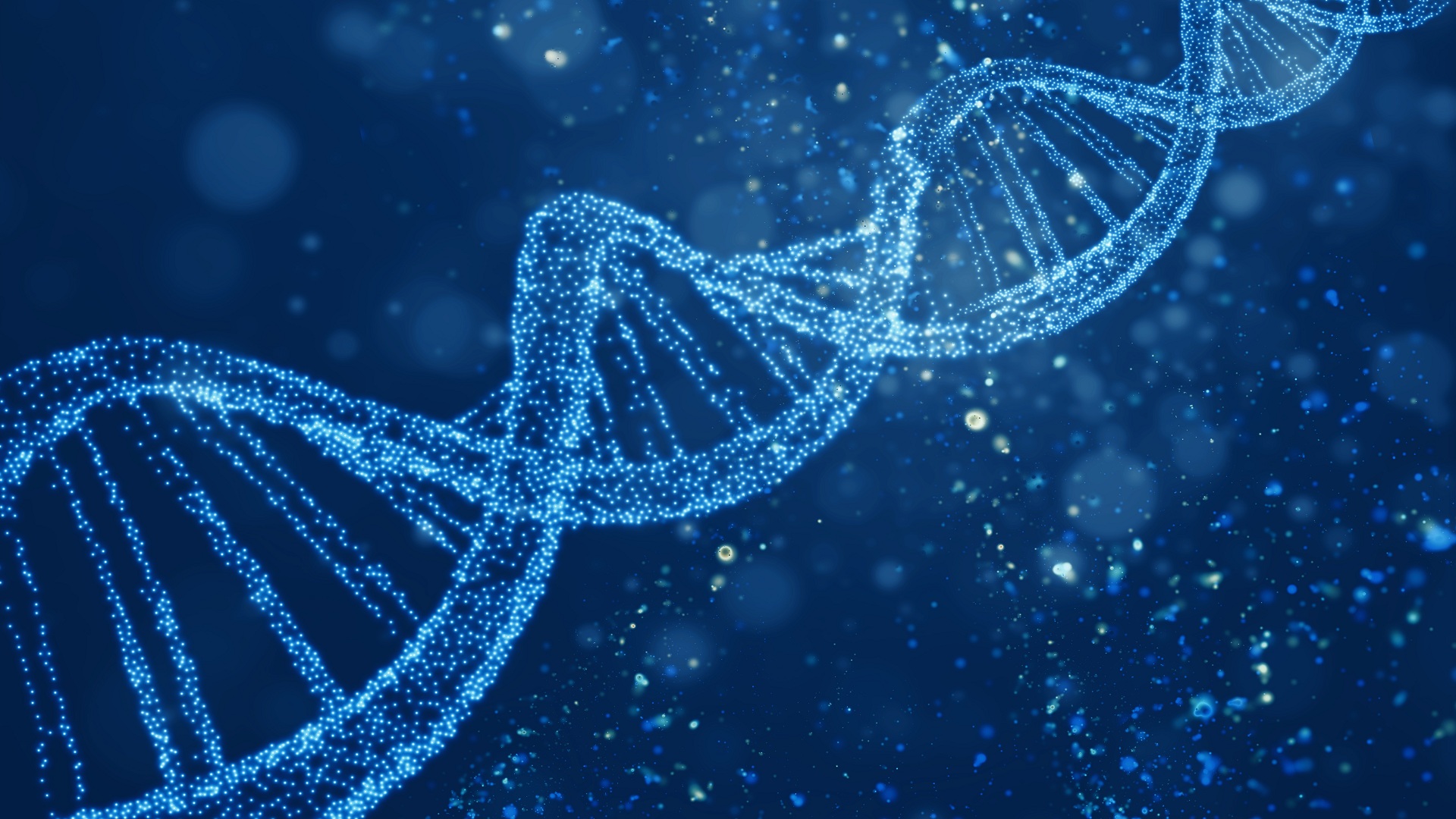Scientists discover DNA coils tightly when put under stress

Source: interestingengineering
Author: @IntEngineering
Published: 8/28/2025
To read the full content, please visit the original article.
Read original articleA recent study led by the University of Cambridge challenges the long-standing belief that DNA strands form knots under torsional stress. Using nanopore technology, researchers observed that instead of tangling, DNA coils into highly organized, spring-like structures called plectonemes. This discovery overturns previous interpretations of irregular current signals during nanopore experiments, which were thought to indicate knot formation. The distinction between knots and coils is crucial: coils are orderly and reversible, allowing DNA to manage torsional stress predictably, whereas knots are irregular and difficult to resolve.
This finding has significant implications for biology and technology. Inside living cells, DNA frequently experiences torsional stress during processes like chromosome packing and enzymatic activity. The formation of plectonemes could influence gene accessibility, replication, and regulation. Additionally, understanding the difference between coils and knots can enhance the accuracy of nanopore sequencing technologies, which rely on detecting electrical disruptions caused by DNA structures. Overall, the study reframes DNA mechanics by portraying the molecule as a
Tags
materialsDNA-mechanicsnanopore-sequencinggenome-technologymolecular-biologybiophysicsgenetic-material